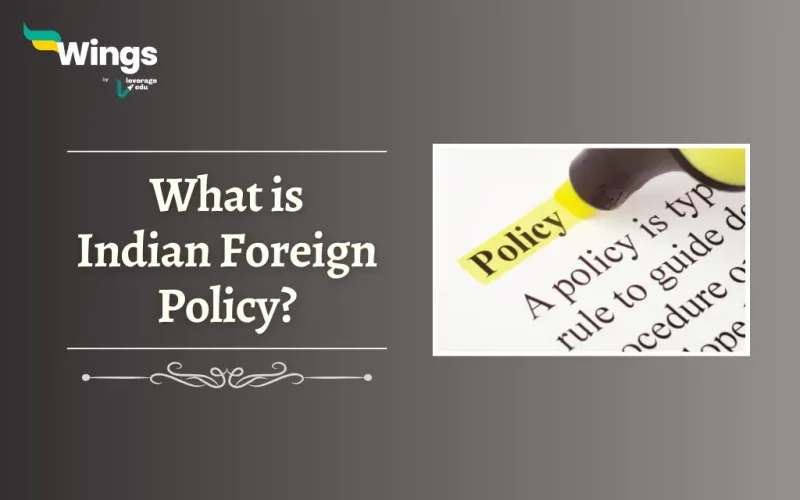The Indian Foreign Policy has a significant impact in shaping our country’s relations with other nations. Additionally, Foreign Policy is driven by national interests for the betterment of our nation. Furthermore, this Policy is influenced by a variety of factors. Moreover, factors such as geography, historical background, societal makeup, political structure, global environment, economic standing, military capabilities, public sentiment, and leadership dynamics. Read on to learn more about Indian Foreign Policy and the Basic Principles of Indian Foreign Policy.
Who Introduced Indian Foreign Policy?
While the Foreign Policy of India has evolved, its foundation was laid by Jawaharlal Nehru. He was notable also India’s first Prime Minister. Additionally, Nehru is a key figure in the Non-Aligned Movement (NAM). He advocated for an independent Foreign Policy that did not align with any major power blocs during the Cold War.
Basic Principles of Indian Foreign Policy
In addition, the Basic Principles of Indian Foreign Policy are as follows:
- Panchsheel: The “Five Principles of Peaceful Coexistence” signifies mutual respect for sovereignty and territorial integrity. Moreover, non-aggression, non-interference in internal affairs, equality and mutual benefit, and peaceful coexistence were supported by Nehru. Consequently, they continue to be a huge part of India’s diplomatic relations.
- Non-Alignment: India has traditionally avoided formal military alliances. Hence seeking to maintain strategic autonomy and freedom of action in international affairs. However, this Policy has become more flexible in recent years as India has developed closer security relationships with certain countries in the world.
- National Interest: Furthermore, the aspect of securing India’s borders, promoting economic development, and protecting the Indian diaspora are all important considerations in the Indian Foreign Policy.
- Multilateralism: India actively participates in international organizations like the United Nations and works to reform global institutions to better reflect the current reality of our times.
Related Blogs
Lastly, we hope you liked our blog and gained an understanding of what is Indian Foreign Policy. Moreover, you may even read more blogs and empower yourself with knowledge regarding Civics and Polity!
 One app for all your study abroad needs
One app for all your study abroad needs













